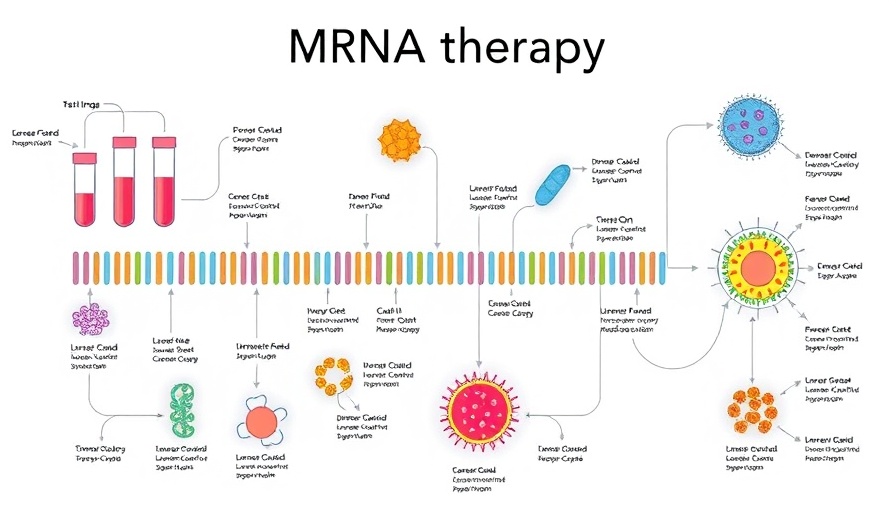
Revolutionizing Osteoarthritis Treatment
Recent advancements in medical research signal a potential turning point in the treatment of osteoarthritis, a condition impacting 33 million adults in the U.S. alone. Researchers at the University of Wisconsin–Madison have introduced a novel technique using therapeutic blood clots activated by messenger RNA (mRNA). This promising development paves the way for more effective alternatives to current treatments like steroid or hyaluronic acid injections, and even joint replacement surgeries. By focusing on enhancing cartilage formation, this innovation could significantly improve patient outcomes.
The Mechanics Behind mRNA Therapy
Leading the charge, William Murphy and his team have developed a method leveraging microparticles to deliver mRNA that encodes a protein essential for cartilage growth. Initially, they extract bone marrow aspirate and peripheral blood from the patient, which is then mixed with mineral-coated microparticles. This mixture forms a blood clot activated with mRNA that is directly implanted at the site of cartilage damage during a single surgical procedure.
Why Traditional Treatments Fall Short
Current therapeutic options like arthroscopic chondroplasties, while common, do not yield long-term success. The new mRNA-activated clots, in contrast, offer more durable solutions since they utilize the patient's biological material, providing a scaffold for healthier tissue regeneration. Unlike traditional methods that form fibrocartilage with inferior durability, this innovative approach encourages recovery of robust articular cartilage.
Outcomes of Early Testing
Initial studies in rabbit models have shown promising results, suggesting that this technique could translate effectively to human subjects. As researchers prepare for larger-scale testing, the success in animal models builds excitement for potential human applications.
Challenges and Considerations
While this groundbreaking approach shows promise, clinical practitioners must remain cautious. The transition from animal trials to human application involves complex regulatory hurdles and ethical considerations. Furthermore, the variability in patient responses based on individual factors like the severity of joint degradation could affect the generalizability of results.
Future Directions in Osteoarthritis Management
As the medical community awaits further findings, the integration of mRNA technology into osteoarthritis therapies opens a pathway to exploring other applications of regenerative medicine. As more practitioners become informed about advancements like these, the potential for collaborative referrals and improved patient care increases.
What Health Practitioners Should Know
Concierge health practitioners, who are often on the front lines of patient care, can stay ahead by understanding these innovative therapies. Knowledge of upcoming treatments like these may allow you to discuss future options with patients who are currently facing limited intervention choices.
Conclusion
The advances made by the University of Wisconsin–Madison offer hope not only for osteoarthritis patients but also demonstrate the exciting potential of mRNA in regenerative medicine. Staying informed about such breakthroughs can equip healthcare providers with insights that may ultimately enhance patient outcomes.
 Add Row
Add Row  Add
Add 




Write A Comment